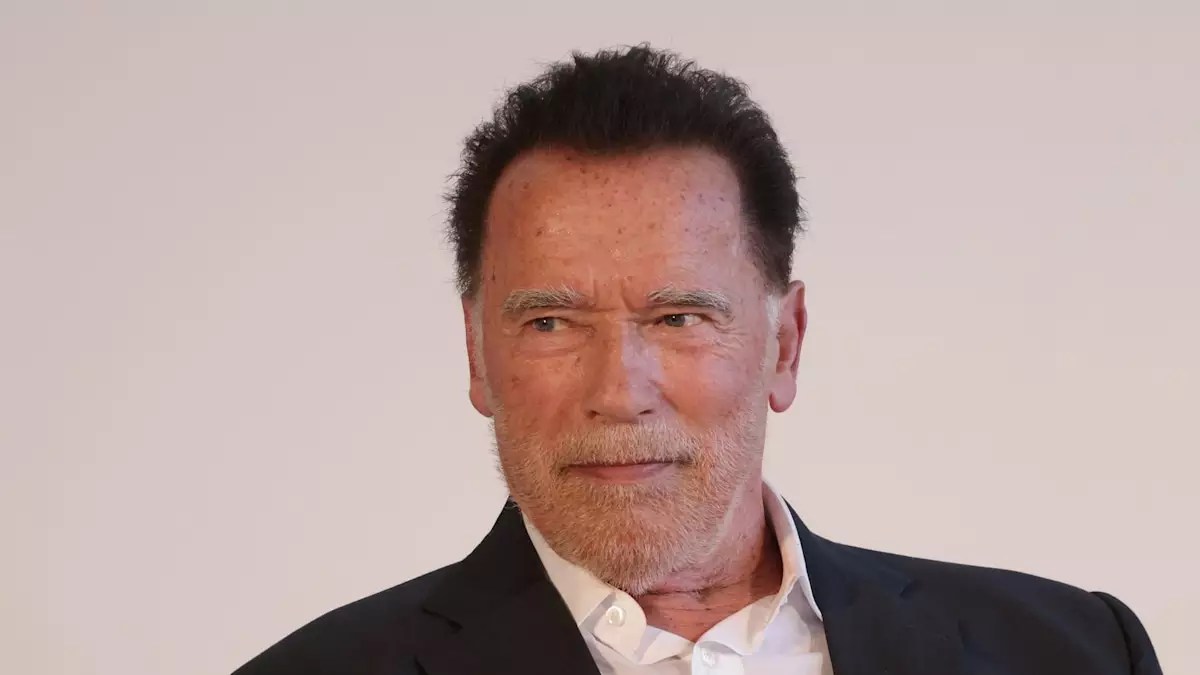In a move that has captured significant attention, Arnold Schwarzenegger, the former governor of California and renowned Hollywood actor, has announced his endorsement of Vice President Kamala Harris. This unexpected shift comes as a startling revelation, especially given Schwarzenegger’s history as a Republican politician. His announcement, made through a heartfelt post on social media platform X, sheds light on his frustrations with the current political landscape, ultimately urging Americans to take accountability by voting in the upcoming election on November 5.
Schwarzenegger opens his message by sharing his disillusionment with the political scene. He emphasizes a reluctance to make endorsements, a practice he considers problematic, yet acknowledges the public’s desire for his perspective as a former political figure. His thoughtful approach underscores a broader sentiment among many Americans who feel disenchanted with partisan politics. By candidly expressing his disdain for both political parties, Schwarzenegger connects with individuals disillusioned by the current divisive climate.
One of the most striking aspects of Schwarzenegger’s statement is his insistence on prioritizing American values over party allegiance. He boldly declares, “I will always be an American before I am a Republican,” articulating a sentiment that resonates with voters seeking a unifying voice amidst growing polarization. This declaration serves as a reminder that citizenship and national identity should transcend political affiliation.
Arnold urges his followers to reconsider their stance in light of troubling events, particularly referencing the insurrection on January 6, 2021. By drawing parallels between the storming of the Capitol and historical injustices, he compels his audience to evaluate the current state of American democracy critically. His call to action is clear: as a nation, Americans must collectively demand better leadership that champions unity rather than division.
In his endorsement of Harris and Minnesota Governor Tim Walz, Schwarzenegger emphasizes the need for change and the potential for progress despite existing disagreements with their policies. This willingness to support candidates outside his traditional party line demonstrates an evolving political landscape, where individual convictions are often favored over party loyalty. His assertion that moving forward requires leadership willing to listen to the concerns of the American populace highlights the growing demand for authentic representation.
Schwarzenegger’s call for a collective effort among voters reflects his understanding of the critical role that citizen participation plays in shaping democracy. Encouraging people to vote—even those who may not share his views—carries profound significance. Engaging in the electoral process becomes an act of solidarity, emphasizing that every vote matters in the pursuit of a better future.
As a widely recognized public figure, Schwarzenegger’s endorsement is particularly noteworthy within the context of celebrity involvement in politics. He joins a chorus of high-profile endorsements for Harris and Walz, including support from prominent names in entertainment such as Taylor Swift and Beyoncé. This trend illustrates how celebrity voices can impact public opinion and mobilize voter engagement, particularly among younger demographics who are increasingly becoming active participants in political discourse.
Yet, it raises another question: is celebrity influence beneficial or detrimental to the political process? While these endorsements can serve as powerful catalysts for civic engagement, they can also contribute to superficial understandings of complex issues. The challenge remains to bridge the gap between celebrity activism and the tangible enactment of informed political change.
Arnold Schwarzenegger’s endorsement of Kamala Harris signifies more than just a personal political pivot; it embodies a clarion call for unity and active participation in American democracy. Rather than succumb to apathy, his appeal encourages all Americans to engage with the electoral process, emphasizing that the act of voting is integral to shaping the nation’s future.
As the election unfolds, voters must grapple not only with the candidates’ platforms but also with the ideals they represent. Schwarzenegger’s message serves as a vital reminder that, despite political differences, a shared commitment to democracy and the core values that define the nation can catalyze meaningful progress. Ultimately, the power lies within the electorate to turn the page and foster the change they wish to see in America.


Leave a Reply